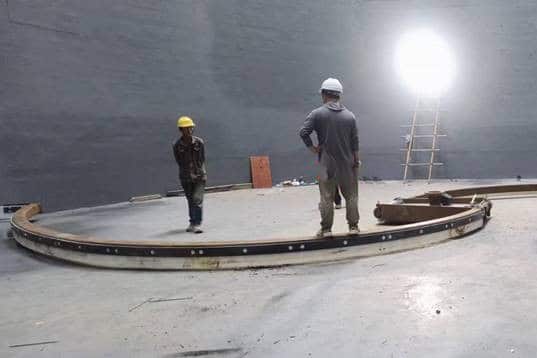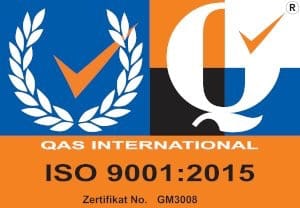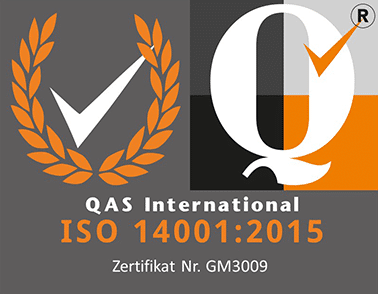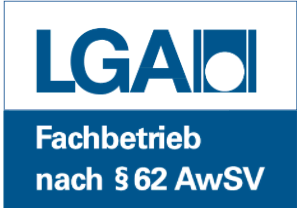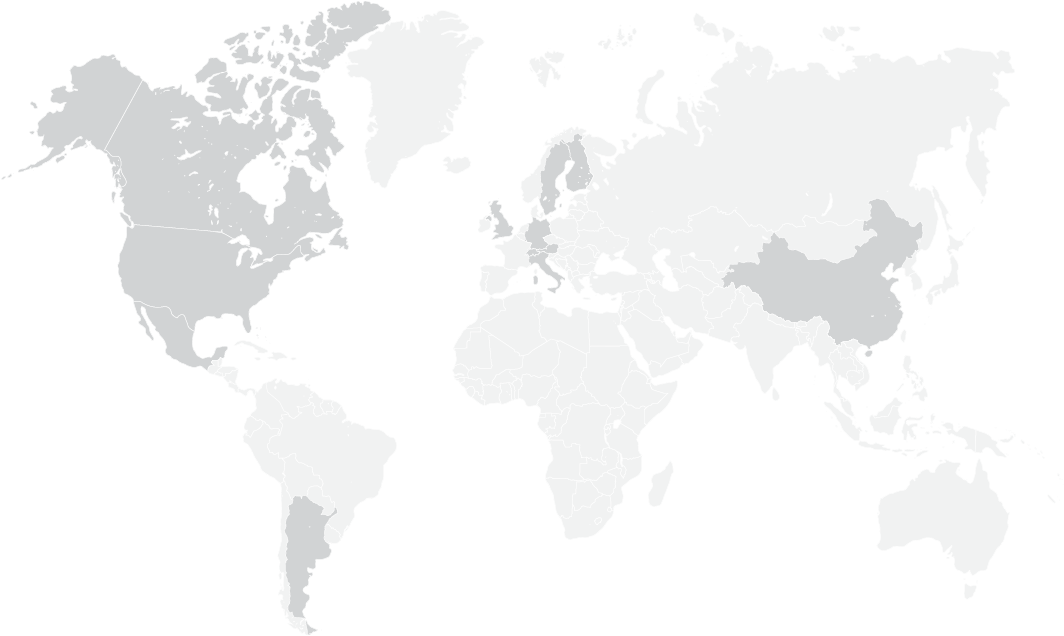Project details
Project:
Biogas plant URUMQI (CN) – Planning biogas plant
Process area:
Case Studies
Charging material:
• 300 t/day of kitchen wast
Urumqi biogas plant – Brief description of the project
The first biogas plant for the treatment of organic waste in Xinjiang, which is dedicated to promoting the implementation of waste separation guidelines in Urumqi and the environmentally friendly and resource-saving treatment of kitchen waste.
Overview
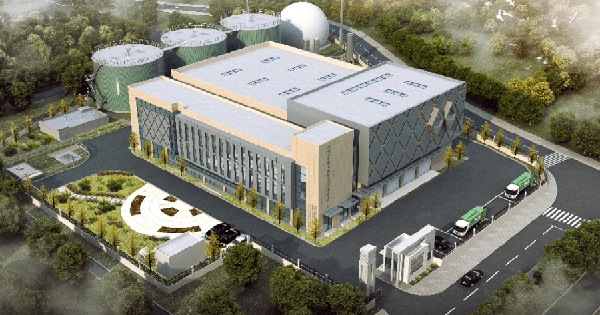
Process of the biogas plant for waste treatment

The biogas plant process in detail
Acceptance and pre-treatment
Receiving and unloading: Kitchen waste is unloaded from the collection vehicles into the biogas plant’s receiving bunker and transported to the downstream processing plants using crane grippers.
Shredding and pulping: A special shredder is used to break down materials into smaller particle sizes. The shredder can process all types of materials. If unprocessable materials are detected, the system automatically switches to reverse to clear the blockage. If this is not successful, an alarm is triggered to indicate manual handling. The shredded materials enter the pulper and are processed into a pulp by strong impact, collision and shear forces to prepare them for the pressing process. The entire process is carried out via a closed pipeline transport without odor emissions. If the material supplied is pure fruit and vegetable waste, it can bypass the coarse shredding and screening systems and be fed directly into the shredding and pulping process.
Plunger pressing: The shredded material is transported by plunger pumps to the BS20 hydraulic separation press to undergo solid-liquid separation. The separated organic sludge is sent to the digestion system, while the solid impurities are collected via fully enclosed pipes and transported outside for treatment. The press can process different types of waste; after pressing, the dry matter content is TS ≥ 35%. No additional process circulation water is required for dilution (if the solids content of the incoming material is ≤ 25%). The parameters can be adjusted according to the material properties to ensure stable operation of the system.

Anaerobic fermenter system
A single-phase high-temperature wet fermentation process (CSTR) is used; it comprises three cylindrical anaerobic fermentation tanks made of concrete. Each tank has an effective volume of 2300 m³, the fermentation temperature is controlled at 39 ± 1 °C and the retention time of the material is 30 days.
An agitator is installed in the tank to fully mix the materials with the microorganisms and promote the stratification of the floating layer and sediment.
Lightweight skimmers, floor scrapers and sediment separators are installed to continuously remove the floating layer and sediment. The separated liquid is returned to the fermentation tank for further fermentation, while the solid residues are transported outside for incineration. The system is also equipped with a bicarbonate analyzer and a pH monitoring system to record the microbial reactions and pH values in the tank in real time and ensure stable gas production. The daily biogas production can reach 24,860 m3, with a methane content of 55% to 65%

Automated control system
The entire treatment process is monitored and controlled centrally via a professional control system. The parameters of the various systems are coordinated with each other and the operating parameters can be flexibly adapted to the material properties to ensure continuous, reliable, stable and economical operation of the system, significantly improving treatment efficiency and reducing labor costs.
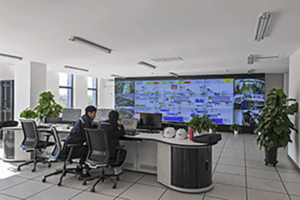
Advantages for the environment and economy
Environmental benefits: The plant enables the treatment of kitchen waste without pollutants, reduces the disposal of solid waste (the amount of solid waste transported outside the plant is ≤ 35%) and avoids secondary pollution. Odors are discharged after efficient treatment in accordance with applicable standards, improving air quality in the surrounding area The recycling and use of biogas reduces the consumption of fossil fuels, lowers CO2 emissions and contributes to environmentally friendly and low-carbon development.
Economic benefits: Annual biogas production is about 10 million cubic meters, which can replace part of conventional energy and reduce energy consumption.
Costs: The project has low investment and operating costs and at the same time promotes the development of the local waste separation industry and creates corresponding jobs.
Demonstration benefits: As the first organic waste treatment plant in Xinjiang, it provides valuable experience for similar projects in the region with its advanced processes and equipment, and plays an important role model and pioneering role in promoting the development of the organic waste treatment industry in the entire Xinjiang region.
Similar projects
Our technology offers individual solutions for all process areas in the field of biogas and anaerobic digestion of organic waste. We support our customers from the initial idea through to planning, implementation, commissioning and ongoing operation. Similar projects of our worldwide customers can be found here!
Case Studies
Biogas plant URUMQI (CN) – Planning biogas plant
Charging material:
• 300 t/day of kitchen wast
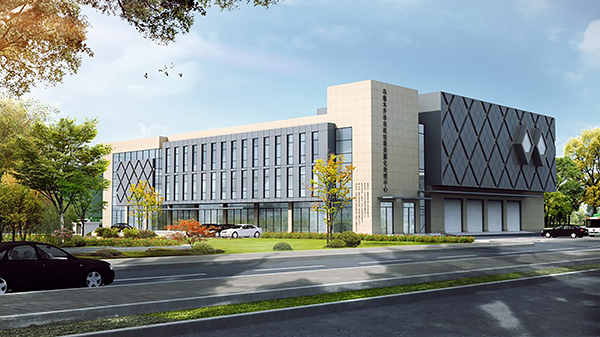
Digestion, Pre-Treatment, Pumps
Yongjia (CN) – Food waste digestion plant
Charging material:
• 36,500 t/a
• Commercial kitchen waste from the catering industry
Digestion, Pre-Treatment
Bioenergy Schlitters (AT) – Waste pre-treatment and sediment discharge
Charging material:
• 10,000 t/a
• Commercial food waste
• Municipal waste


